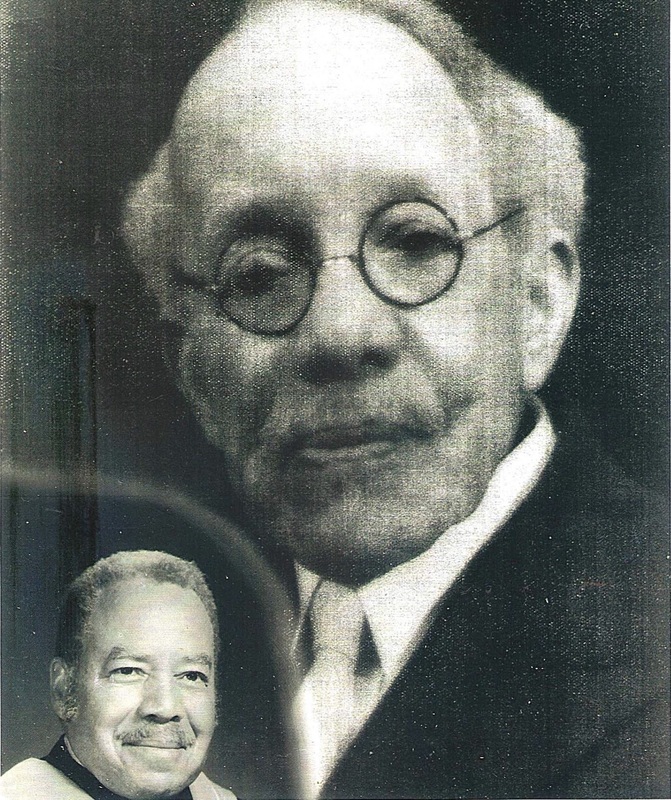Sept. 9 | Breaking the Code of Charleston - College of Charleston Libraries
Who wrote the pseudonymous slave narrative, Before the War and After the Union (1914) and why does it matter
Most of all, how does learning about the author’s true identity unfold a powerful new understanding of literal and figurative racial coding and the popular narrative of race relations in Charleston during the ante and post-bellum era?
Join Clemson University’s Professor of English Susanna Ashton for a closer look at the story of Before the War and After the Union‘s hitherto-unknown author and the namesake digital exhibit Dr. Ashton curated with the Lowcountry Digital History Initiative.
A reception will follow Dr. Ashton’s discussion.
When: Monday, September 9 | 5:30 p.m.
Where: Marlene and Nathan Addlestone Library Rm. 227
Tickets: Free and open to the public; registration is required.
BACKGROUND
After editing the little-known narrative by Samuel Aleckson titled Before the War and After the Union for a scholarly publication almost a decade ago, Dr. Ashton felt dissatisfied about her conclusions or, rather, about the very few conclusions she could make about the author, the provenance, or the motivations for such a relatively modern and unique narrative – one which was written well into the 20th century and featured fraught alternations between gently framed nostalgia and sharp indictments of brutality and cruelty. Composed by a man who left South Carolina in the 1880s for a long career in the Northern States, the book’s sense of audience and history seemed dissonant from other, similar narratives.

Samuel Williams pictured with grandson, Walter G. McClain (lower left), ca. 1940 and ca. 1980 respectively, courtesy of the McClain family.
Fortunately, a Charleston Post Courier newspaper profile of Dr. Ashton’s 2010 project inspired a descendant of the author “Samuel Aleckson” to contact her to point out that the actual name of the author was Samuel Williams.
With that revelation, Dr. Ashton was able to revisit the narrative and see clues not merely to the identity of the author but to now reconstruct a far stranger, bolder and richer life than his seemingly unmoored short narrative had initially indicated.
In this presentation Dr. Ashton shall highlight the chain of discoveries made throughout his narrative – revelations that include unmasking faked names and locations as well as tracing his life and career for almost three decades after his narrative was published.
To share all this, Dr. Ashton shall sketch out the ways in which the Lowcountry Digital History exhibit curated in partnership with the Avery Center for African American Research on Aleckson’s memoir will seek to share a new mapping of Charleston that is both literal and figurative. She will examine such questions as:
- Where did he actually live, labor, and hide?
- Which Churches did his enslavers attend?
- He discusses the enclosed walls of Charleston gardens but also delights in telling of how he would evade those constrictions, which streets and walls figured into such adventures
- Where on James island was he forced to serve Confederate Officers?
- Where was the Ashley River plantation of his strangely beloved enslaver, Master Ward and why might it matter?
But Dr. Ashton’s presentation will also ask why was his family, upon emancipation, was able to escape the destitution so many others faced. And why, now from the perspective of a literary scholar, upon leaving Charleston was he uniquely poised to build a new life which he then felt empowered to witness with his words?
These questions unfold from a newly coded mapping of the intersections between an enslaved life story and a broader American Story – a story that launched itself from the memories of an old man who would never forget the ways in which his Charleston childhood in bondage had framed and coded his way to understand his world.
This event is cosponsored by the Friends of the Library, the Lowcountry Digital History Initiative, and the College of Charleston’s Department of English, Center for the Study of Slavery in Charleston, and Southern Studies.
